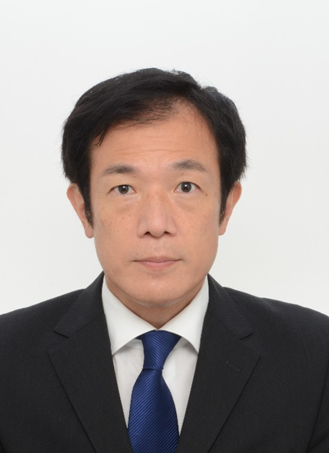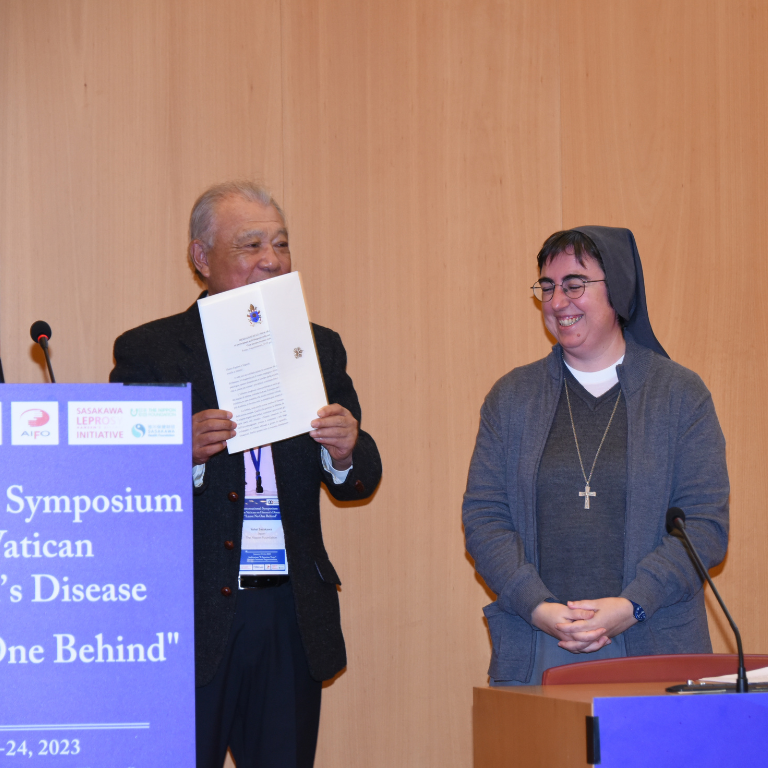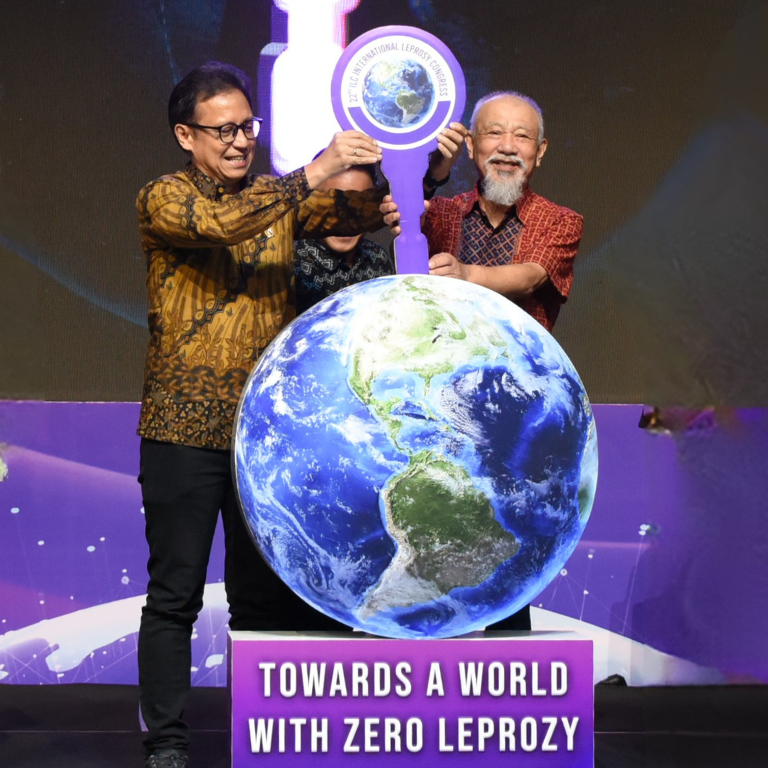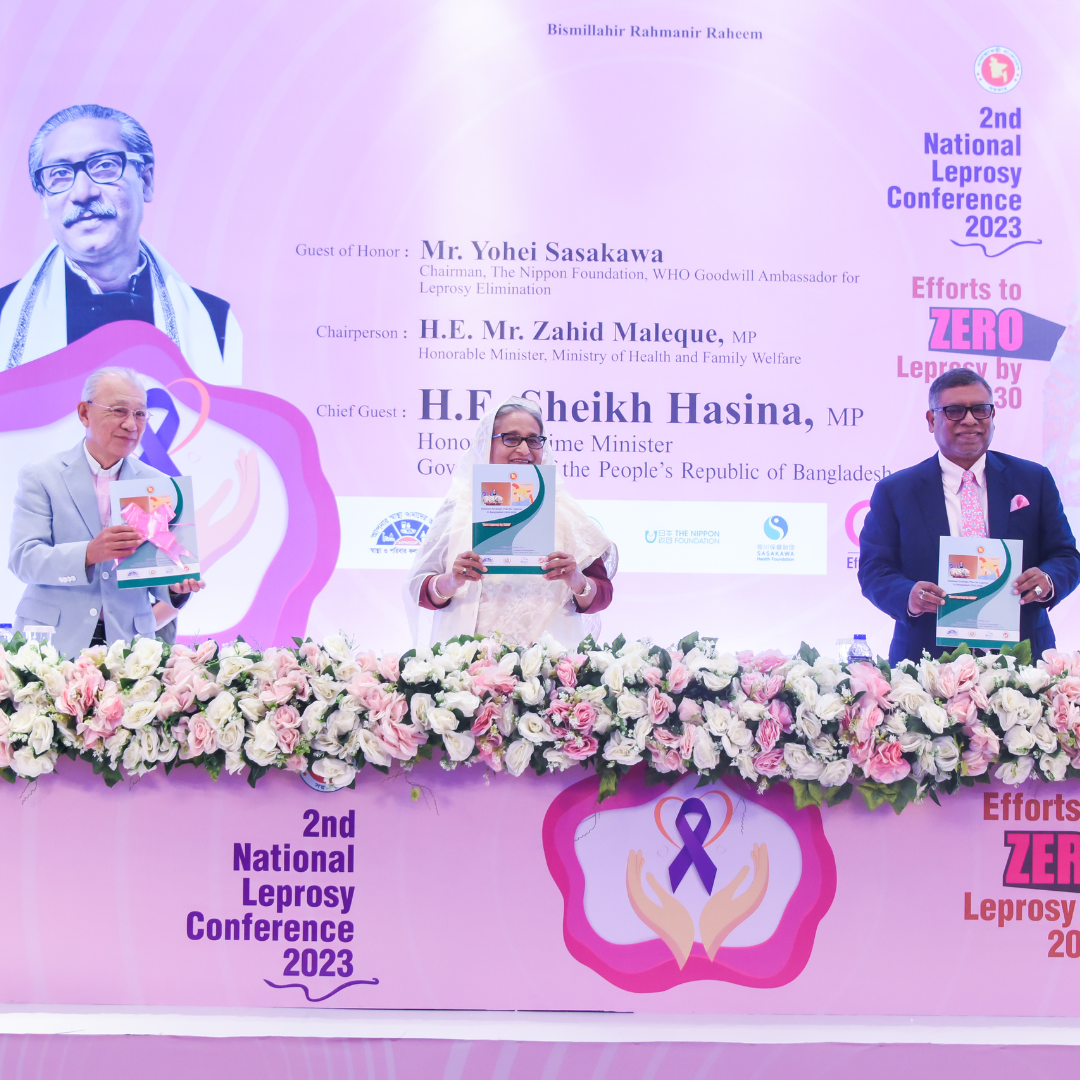
Yoshinori Takazawa
Director, Human Rights and Humanitarian Affairs Division, Foreign Policy Bureau
Ministry of Foreign Affairs, Japan
The Government of Japan has been promoting international initiatives with the aim to eliminate prejudice and discrimination against persons affected by Hansen’s disease (HD, leprosy) and their family members. The initiatives include submission of resolutions on the elimination of discrimination to the UN Human Rights Council.
The protection of human rights and fundamental freedoms is a basic responsibility of all countries and a matter of legitimate concern for the international community. Japan, based on the premise that human rights are universal values, puts efforts into improving human rights situations through bilateral dialogue, taking into account the historical and cultural background of each country. Japan also attaches great importance to multilateral dialogue and cooperation and is actively participating in international forums, including the United Nations (UN), to contribute to the protection and promotion of human rights worldwide.
Based on reflection on its own past Hansen’s disease (HD, leprosy) policies, Japan has been initiating efforts in the international community to eliminate discrimination and prejudice against persons affected by HD and their family members. Since 2008, Japan has submitted seven resolutions on the elimination of discrimination against persons affected by leprosy and their family members to the UN Human Rights Council,¹ each of which was adopted by consensus and attracted many co-sponsors. The resolution adopted in 2010 called on governments to give due consideration to “Principles and guidelines for the elimination of discrimination against persons affected by leprosy and their family members.” Resolutions with the same content were also adopted by consensus at the Third Committee and General Assembly of the UN held in the same year. Furthermore, a resolution adopted at the Human Rights Council in 2017 created the mandate of the Special Rapporteur on the elimination of discrimination against persons affected by leprosy and their family members for a period of three years, which was followed by the appointment of Dr. Alice Cruz. In 2020, a resolution was adopted to extend the Special Rapporteur’s mandate for three more years.
At the 53rd session of the Human Rights Council, held from June 19 to July 14, 2023, Japan, together with Brazil, Ecuador, Ethiopia, Fiji, India, Kyrgyzstan, Morocco, and Portugal, submitted a resolution for the seventh time. The vigorous activities undertaken by Dr. Cruz during her six years as the Special Rapporteur have promoted people’s understanding about HD and greatly encouraged persons affected by HD and their family members. Organizations working on HD-related issues around the world highly appreciate these activities. At the same time, her investigations have revealed that large numbers of people continue to be affected by and suffer from discrimination and stigma due to lack of understanding about HD, which still persists in many parts of the world. Japan co-submitted the resolution with the aim of extending the mandate of the Special Rapporteur for another three years because it is crucial to continue to listen to those who are affected by HD and their family members and to support efforts to improve their human rights situations. Also, it has been decided to use the term “Hansen’s disease” in tandem with “leprosy” in the text of the resolution, considering Dr. Cruz’s recommendation in her latest report. To encourage the adoption of the resolution, Japan explained the resolution’s importance to other countries on various occasions. As a result, the resolution was adopted unanimously on July 12, obtaining cross-regional support from 68 co-sponsors in total.
Japan will continue its active efforts as part of the international community to realize the enjoyment of human rights by persons affected by HD and their family members in all parts of the world and to eliminate discrimination and prejudice against them, which hinder their equal participation in society.
¹ The resolutions were submitted in 2008, 2009, 2010, 2015, 2017, 2020, and 2023.
-1024x593.png)









